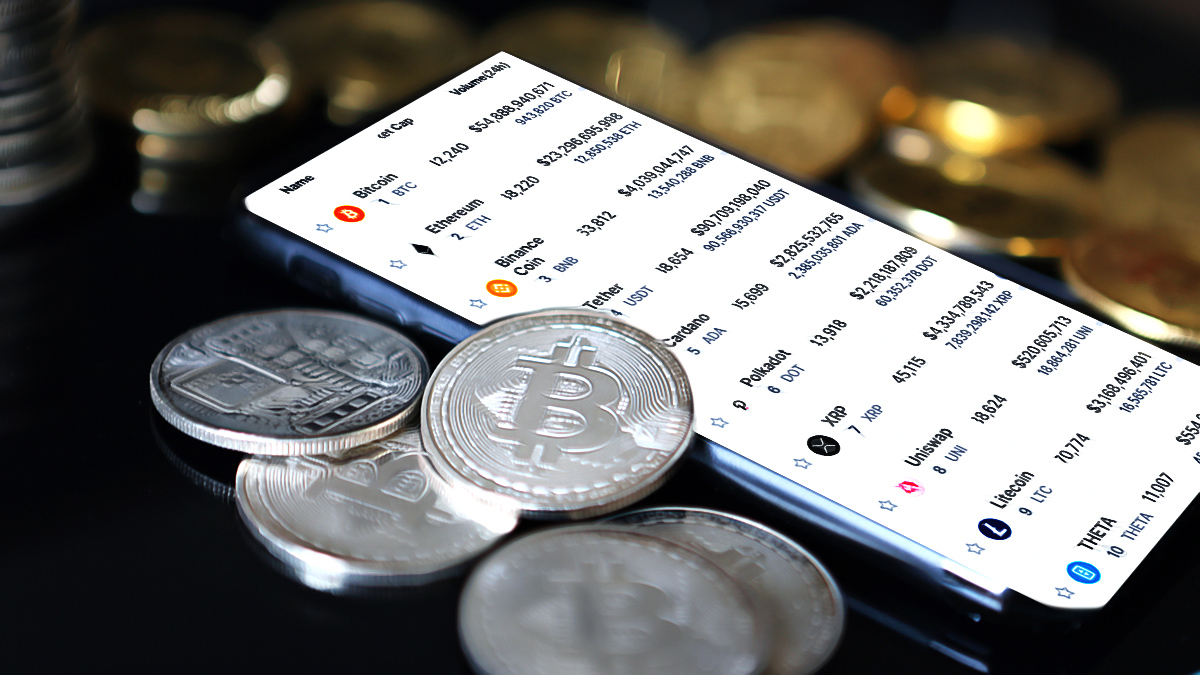Despite its extraordinary fundamentals, XRP price continues to disappoint investors with its downward trend. On June 11, Bitcoin’s price fell below $66,000, resulting in a red day for almost all crypto assets. XRP experienced a 5.3% drop during this period but has since recovered some of its losses. According to CoinGecko data, XRP price was around $0.4811 on June 12, showing an 8.3% decline over the past 7 days during European trading hours.
What Awaits XRP?
Following Bitcoin’s gradual decline since June 6, XRP and other cryptocurrencies have been experiencing red days. XRP price pulled back after its initial drop from the previous peak during the February-March rally and then entered a consolidation zone that turned into a symmetrical triangle. These chart patterns have a 50-50 chance of breaking on either side and can be greatly influenced by market sentiment and fundamentals.

XRP’s relative strength index (RSI) dropped to 32, indicating it is approaching oversold levels. If it falls below 30, it will likely signal a price reversal for XRP. The bearish sentiment following Bitcoin’s decline caused the chart pattern to resolve downward, leading XRP’s price to drop to $0.47. If the bears continue, the price could fall to $0.36, but there is significant support around $0.42.
Conversely, in a bullish scenario, XRP price could find resistance around $0.55, which, if overcome by the bulls, could propel the asset to $0.75. Bitcoin’s price dropped on June 11 and is currently reaching $67,000, still in the consolidation zone. Good news from the June 12 FOMC meeting could change the course of the crypto market and lead to an upward trend.
Bill on the Agenda
A bill that could change the rules of the game was accepted by the Senate committee and could affect most cryptocurrencies, including Bitcoin and XRP. The bill includes provisions that will force crypto-based companies to conduct KYC on their users or face sanctions.
This provision accelerates the process of imposing sanctions on such crypto companies, including exchanges connected to users supporting illegal groups. Since hackers often use Bitcoin and cryptocurrencies as ransom tools, this bill could be very significant in the long term.










